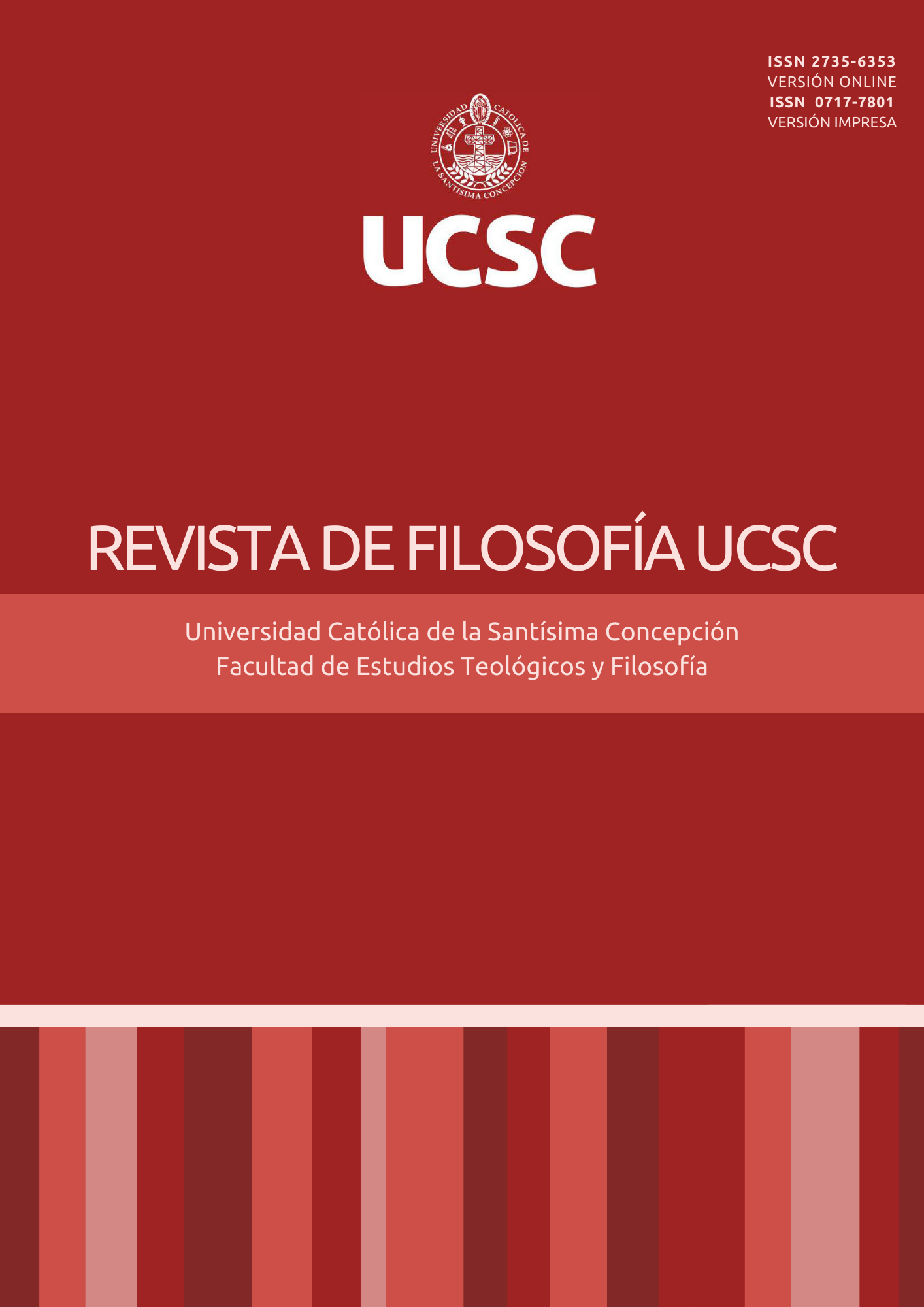La ley moral kantiana y la relación de cuidado
Contenido principal del artículo
Resumen
La relación de cuidado es una de las múltiples relaciones que el ser humano mantiene a lo largo de su vida. Se construye en torno a la pareja cuidador-paciente. El cuidador es quien ejerce el poder médico, mientras que el paciente está afligido y aplastado por el sufrimiento y la enfermedad. Hoy, como ayer, escuchamos repetidamente acusaciones relativas a la falta de humanidad en la relación de cuidado por parte del cuidador hacia el paciente y viceversa. Estas diferentes acusaciones brindan la oportunidad de cuestionar el fundamento de la humanidad en la relación de cuidado. Al formular su moral a través de su imperativo categórico, Emmanuel Kant plantea el tema de la humanidad como principio de acción. La idea fundamental es que debemos respetar a los humanos porque son seres humanos, un fin en sí mismos. El objetivo de este artículo es estudiar las implicaciones ético-prácticas del imperativo categórico kantiano en la relación de cuidado porque si es un lugar donde en realidad la persona debe ser tratada como un fin en sí misma y no como un medio, efectivamente es en los hospitales. De hecho, ¿qué significa, para paciente y cuidador, tratar la humanidad en uno mismo y en la persona del otro como un fin? Esta cuestión es el hilo conductor de esta investigación.
Detalles del artículo
Sección

Esta obra está bajo una licencia internacional Creative Commons Atribución-NoComercial 4.0.
La Revista de Filosofía UCSC es de acceso abierto y no cobra por publicar en ella. Además, regula su política de Derechos de Autor y de acceso a sus archivos de acuerdo con la Licencia Pública Attribution-NonCommercial 4.0 International (CC BY-NC 4.0), por tanto, se permite compartir (reproducir y distribuir el material en cualquier medio o formato) y adaptar (modificar, transformar y crear a partir del material) siempre y cuando se de crédito adecuadamente, se incluya la cita con los datos correspondientes. Además, no está permitido utilizar el material con fines lucrativos.
Cómo citar
Referencias
Arroyo Garcia, F. M. et Jaén, M. (2015). Kant. ¿Que podemos saber y que debemos hacer? En busca de los límites del conocimiento y de la moral. RBA.
Assayag, L. (2016). Penser la confiance avec Paul Ricœur. Études Ricœuriennes/Ricœur Studies, 7(2), 164-186. https://doi.org/10.5195/errs.2016.318
Benaroyo, L. (2004). Soin, confiance et disponibilité. Éthique et santé, 2 (1), 60-63.
DOI 10.3917/gs.133.0043
Famy, A. et Delsart, A. (2021). Présentation du numéro. La relation de soin : enjeux et mises en œuvre discursives. Espaces Linguistiques, 2, 1-7. URL : https://www.unilim.fr/espaces-linguistiques/329
Folscheid, D. et Wunerburger, J-J. (1997). Le nouveau contexte éthique de la médecine. Dans Folscheid, D., Le Mintier B, & Mattei, J-F. (dir.), Philosophie, éthique et droit de la médecine (159-172). PUF.
Gil, F. (2010). L’hôpital et la loi morale. Rue Descartes, 68, 78-100. https://doi.org/10.3917/rdes.068.0078
Jonas, H. (2012). L’art médical et la responsabilité humaine (coll. « Passages »), Trad. Éric Pommier. Cerf.
Kant, E. (1985). Critique de la raison pratique, Trad. Luc Ferry et Heinz Wismann. Dans Alquié, F (dir.). Œuvres philosophiques de Kant. vol. 2, Gallimard.
Kant, E. (1994). Métaphysique des mœurs II. Doctrine du droit. Doctrine de la vertu. Flammarion.
Kant, E. (2006). Fondements de la métaphysique des mœurs. Librairie Générale Française.
Le Coz, P. (2018). L’éthique médicale, approches philosophiques. Universitaires de Provence.
Lemoine, E. et Vassal, P. (2017). La relation de soin à l’épreuve du mensonge. Éthique et santé, 14, 151-157. http://dx.doi.org/10.1016/j.etiqe.2017.07.007
Marin, C. (2008). Violences de la maladie – entretien. Études, 4091-2, 41-50. https://doi.org/0.3917/etu.091.004
Nga Tsanga, R. (2021). La relation patient-soignant en contexte africain : un mariage difficile ? Revue Congolaise de Gestion, 32, 15-42. DOI : 10.3917/rcg.032.0015
Perrotin, C. (2010). Respecter, qu’est-ce à dire ? De l’hospitalité accordée à la responsabilité assumée, quels enjeux éthiques ? Gérontologie et société, 33 (133), 43-50.
DOI : 10.3917/gs.133.0043
Raybois, M. (2014). La santé des soignants altérée par les relations. Perspectives interdisciplinaires sur le travail et la santé [En ligne], 16 (3), mis en ligne le 12 juin 2014, consulté le 22 août 2023. https://doi.org/10.4000/pistes.4072
Ricoeur, P. (1996). Les trois niveaux du jugement médical. Esprit, 227, 21-33.
Ricot, J. (2014). Éthique de la décision médicale. Réflexion philosophique. Laennec, 4(62), 40-50. https://doi.org/10.3917/lae.144.0040
Simón, P. (2000). El consentimiento informado. Triacastela.
Worms, F. (2012). Soin et politique. PUF.




